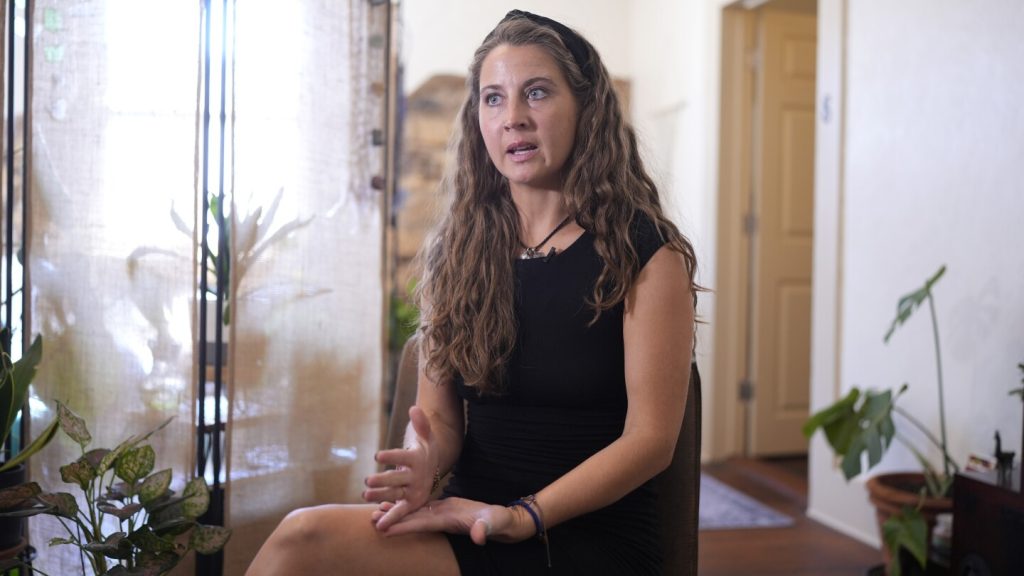The Biden administration has stated that hospitals must provide abortions if necessary to save a woman’s life, despite state bans on abortion. However, Texas is challenging this guidance, and the Supreme Court recently declined to address the issue. An analysis conducted by the Associated Press found that more than 100 pregnant women seeking emergency care were turned away or received negligent treatment since 2022. This includes cases where women were left to miscarry in public restrooms or experienced serious complications due to lack of proper care.
In Texas, where doctors face severe penalties for performing illegal abortions, the Center for Reproductive Rights argues that the state’s abortion ban is complicating decision-making around emergency pregnancy care. Although the law in Texas excludes termination of ectopic pregnancies from the definition of abortion, medical professionals are hesitant to treat these patients due to the fear of prosecution. The organization has filed complaints against several Texas hospitals for failing to provide treatment to patients with ectopic pregnancies, citing violations of federal law.
Diagnosing an ectopic pregnancy can be challenging, as doctors may not always be able to locate the pregnancy on an ultrasound. However, indicators such as hormone levels, bleeding, and an empty uterus on ultrasound can suggest an ectopic pregnancy. Advocates argue that sending women home without treatment for such a condition is dangerous and unnecessary. Doctors in Texas express fear of treating pregnant patients due to the state’s laws, which have created a climate of uncertainty and hesitation around emergency pregnancy care.
Cases of pregnant women being neglected or mistreated in emergency rooms extend beyond states with abortion bans. Violations that endanger the health of the mother or fetus have been reported in states with and without abortion restrictions. Short-staffed hospitals directing pregnant patients elsewhere, failures to recognize the urgency of conditions such as uterine rupture, and discharge of patients in active labor are some of the issues identified in the investigation. Experts warn that nursing and doctor shortages, along with new abortion laws, are making emergency rooms increasingly dangerous for pregnant women seeking care.
The experiences of women like Kyleigh Thurman, who suffered from an ectopic pregnancy and faced delays in treatment, highlight the urgent need for comprehensive and timely care for pregnant patients in emergency situations. Thurman’s case, along with others documented in the investigation, underscores the devastating consequences of inadequate care and the impact of restrictive abortion laws on medical decision-making. Advocates are calling for accountability and justice for women who have been harmed by failures in emergency pregnancy care and are urging hospitals and lawmakers to prioritize the health and safety of pregnant patients.


